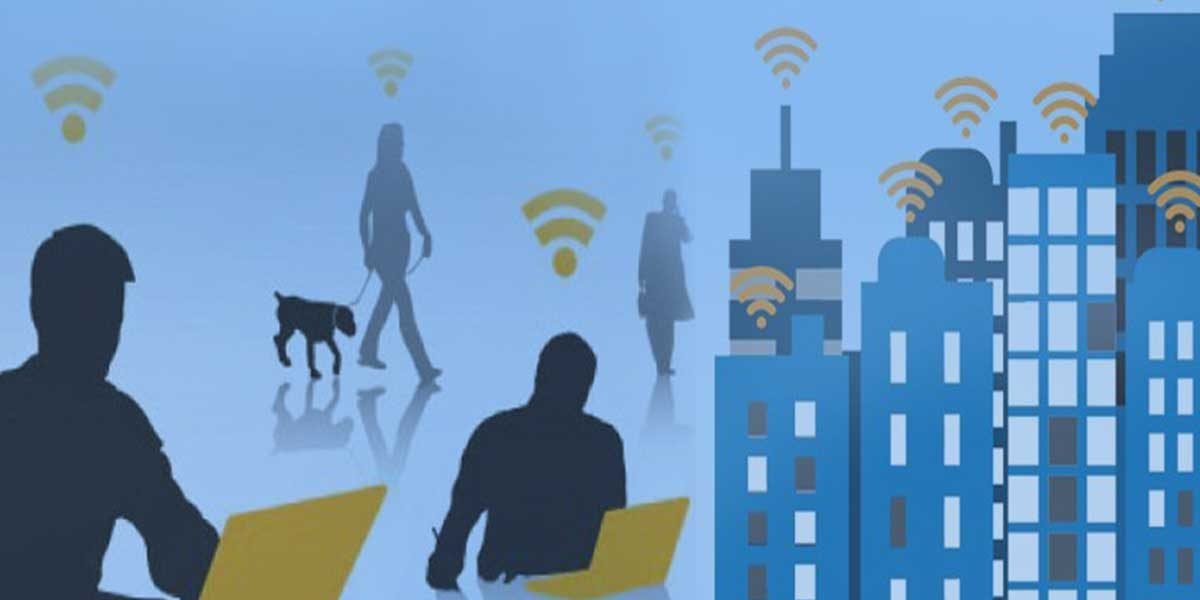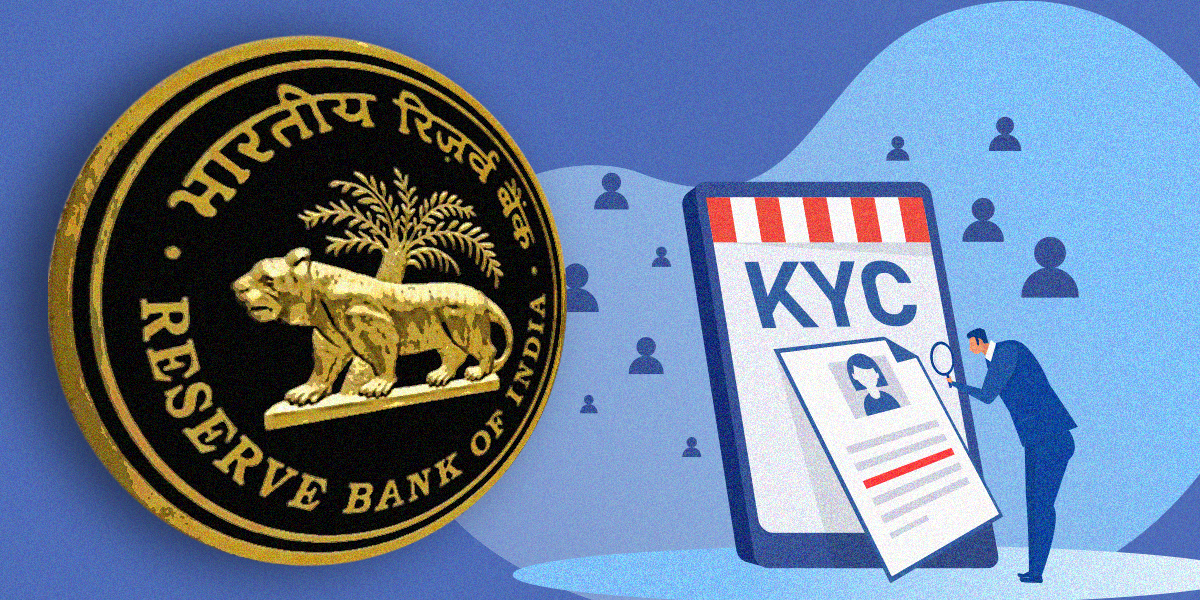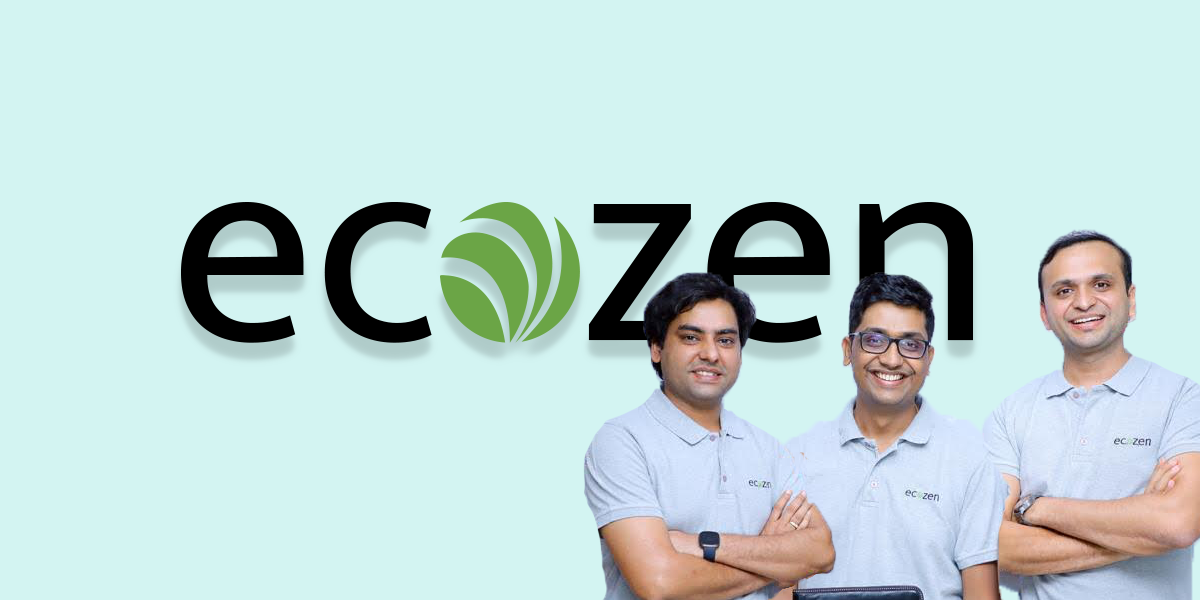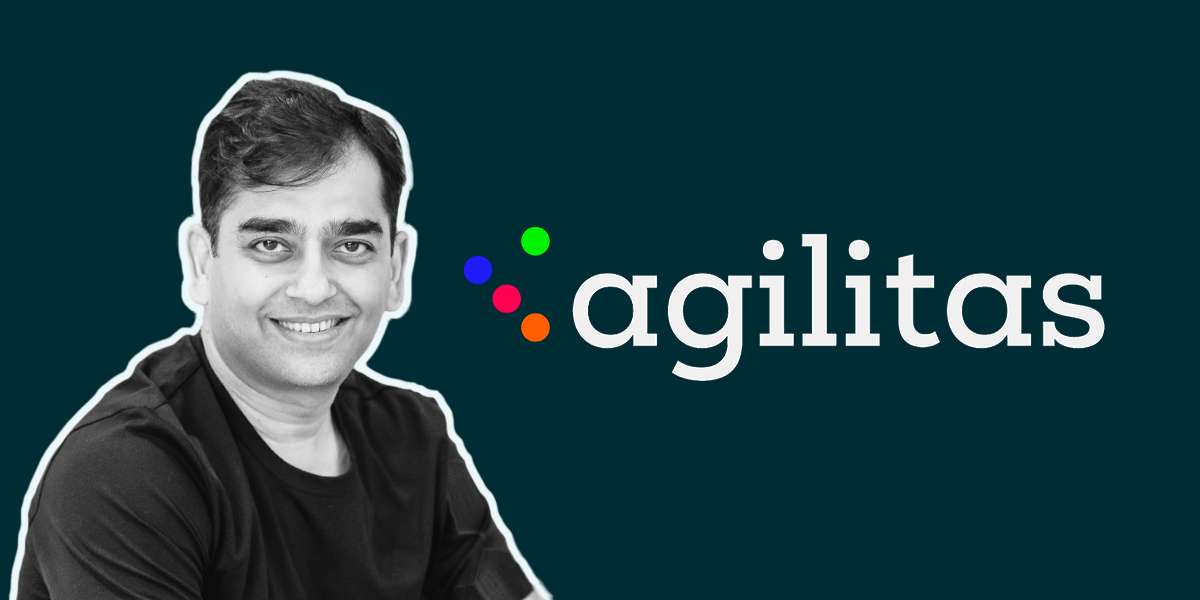Indian government ambitious public Wi-Fi plan via Public Data Offices (PDOs) and PDO aggregators (PDOA) is flouting the Telegraph Act of India, said the Cellular Association of India (COAI).
In a letter written to Prime Minister’s Office (PMO), COAI said that the Telecom Regulatory of India (TRAI) proposal to set up PDOs repelling the licence system will create non-level playing field and prove detrimental to harm huge investment made by leading telcos in the country.
As per the Telegraph Act, the telecom services can only be provided by the central government or an entity authorised or licensed by the central government.
However, DoT denied the violation of the abovementioned Act and said that the PDOs while registering themselves will need to accept and adhere to the licence conditions. This will serve as the parameter conforming to the licence requirements for the telecom services deployment.
Earlier in March 2017, TRAI said PDOs may be allowed to provide public WiFi services without any specific licence for the purpose. The Telecom Commission, two months ago, accepted a recommendation, which will sell small data packs at Rs 2.
The Wi-Fi expansion plan is worth Rs 10,000 crore. The DoT, which has commenced work on the project aims to make the Internet accessible to every citizen for as low as Rs 2.
The commission believes that it will also create village-level entrepreneurship and employment opportunities through a new category of service providers—PDO aggregators (PDOA), where the government will partner with small businesses and individuals.
Besides, setting up over 5 million public Wi-Fi hotspots across the country by 2020 and 10 million by the year 2022, it eyes to provide 1 Gbps internet connectivity to every gram panchayats by year 2020.
“We expect to launch 10,000 WiFi hotspots when we launch it next month, and scale up to a 1,00,000 in the first three months,” Sundararajan had said last month.
At present, WiFi or other forms of Internet usages are minuscule in comparison to mobile network data usage. The project primarily aims to increase the rapid use of Wi-Fi by offering cheap internet connectivity to people in tier-2 and tier-3 towns.













